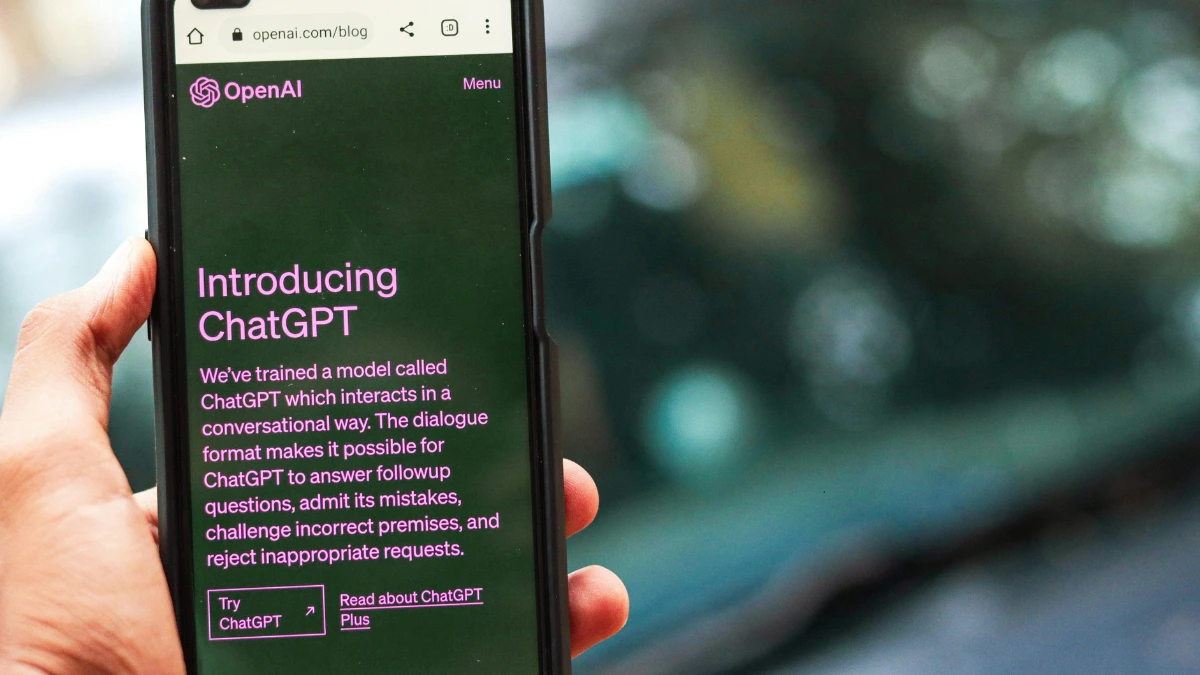A new era in visitor discovery
Artificial intelligence is changing the way people plan their days out. Where once search engines sent visitors directly to your website, now AI systems are increasingly providing answers before users even click. From Google’s new AI features and Alexa voice queries to tools like ChatGPT recommending itineraries, the landscape of digital discovery is shifting quickly.
For visitor attractions, this shift is significant. Many marketing teams have focused on perfecting traditional SEO, yet AI-driven search is altering how potential visitors ask questions and how they receive recommendations. The attractions that adapt early will position themselves to capture attention from audiences who are already planning visits in new ways. Those who don’t risk slipping into invisibility.

What is changing?
Google’s AI-powered results are now surfacing answers directly on the results page, reducing the likelihood that users will click through to your website. Voice search continues to grow, particularly among families asking devices for “the best things to do nearby this weekend”. Meanwhile, conversational AI like ChatGPT is being used for trip planning, where it generates itineraries and suggests attractions without visitors ever seeing a search engine results page.
Traditional SEO still matters, but it is no longer enough. Ranking well for “museums near me” will not necessarily get you recommended when someone asks ChatGPT for “family-friendly indoor activities in rainy weather”. The forward-thinking attractions are the ones enhancing their SEO foundations with strategies tailored for AI discovery.
Beyond keywords: what AI systems prioritise
AI systems evaluate content differently from traditional search engines. They favour information that is comprehensive, accurate, and useful. They look for content that shows authority and expertise, rewarding sites that answer a broad range of visitor questions.
Your strategy should go beyond keywords. Anticipate the real questions potential visitors ask. Families want to know what facilities are available, how long a visit takes, what’s included in the ticket price, and whether the attraction is accessible. The more clearly your content answers these needs, the more likely AI systems will trust and recommend you.
By creating detailed and reliable content, you achieve two goals. AI tools can confidently suggest your attraction, and search engines will also reward your site with stronger rankings.

The rise of voice search
Voice search adds another dimension. The way people speak is not the same as the way they type. A typed query might be “Cambridge museum children”, whereas a spoken one sounds more like “What is the best museum for kids near Cambridge?”
This matters because your content must reflect both forms of behaviour. The solution is not to abandon your keyword strategy but to expand it. Write content that reads conversationally, includes natural language phrasing, and still incorporates the core search terms. Local SEO is particularly important here, as voice results strongly favour accurate and location-specific information.
Measuring visibility in the AI era
Traditional SEO metrics such as rankings, impressions and click-through rates remain valuable, but they no longer capture the whole picture. Attractions now need to monitor how they appear in AI-generated responses, whether in Google’s AI snippets, in ChatGPT itineraries or in voice assistant answers.
The most proactive attractions already check how conversational AI tools describe them compared to competitors. They track whether they are recommended in sample itineraries, and they test queries that their audiences are most likely to ask. This intelligence helps to refine content strategies so that they match how visitors are now discovering information.

Practical steps towards AI readiness
Several actions can make an immediate difference. Comprehensive facility information on your website gives AI tools confidence to recommend you. Structuring content in FAQ formats makes it easier for both AI and voice systems to retrieve relevant answers. Ensuring that business details are consistent across all platforms strengthens credibility. Even responding to visitor reviews with care helps AI tools assess your reputation and trustworthiness.
Why this matters now
The shift to AI-enhanced discovery is not something on the horizon; it is happening already. Attractions that adapt their content now will build early advantages that compound over time. As AI systems continue to learn and refine, those that appear consistently as trusted recommendations will reap the benefits of sustained visibility and bookings.
This is not about discarding your SEO strategy. It is about enhancing it with AI-aware techniques that reflect how visitors are searching today. The investment in comprehensive, visitor-focused content pays off across both traditional search engines and emerging AI platforms.
The Navigate perspective
At Navigate, we see the arrival of AI search as both a challenge and an opportunity. The challenge is that visibility is no longer guaranteed by ranking well in Google alone. The opportunity is that attractions with strong stories, detailed information and well-managed digital foundations can position themselves as the trusted answers that AI systems deliver.
Those who take the time to evolve their content strategies now will not only safeguard discoverability but also ensure that when visitors ask the next wave of questions, they are ready to be found.
Let’s talk
Looking for more information? Reach out to our team to talk about how we can help.
Fill out the form below, to start a conversation.